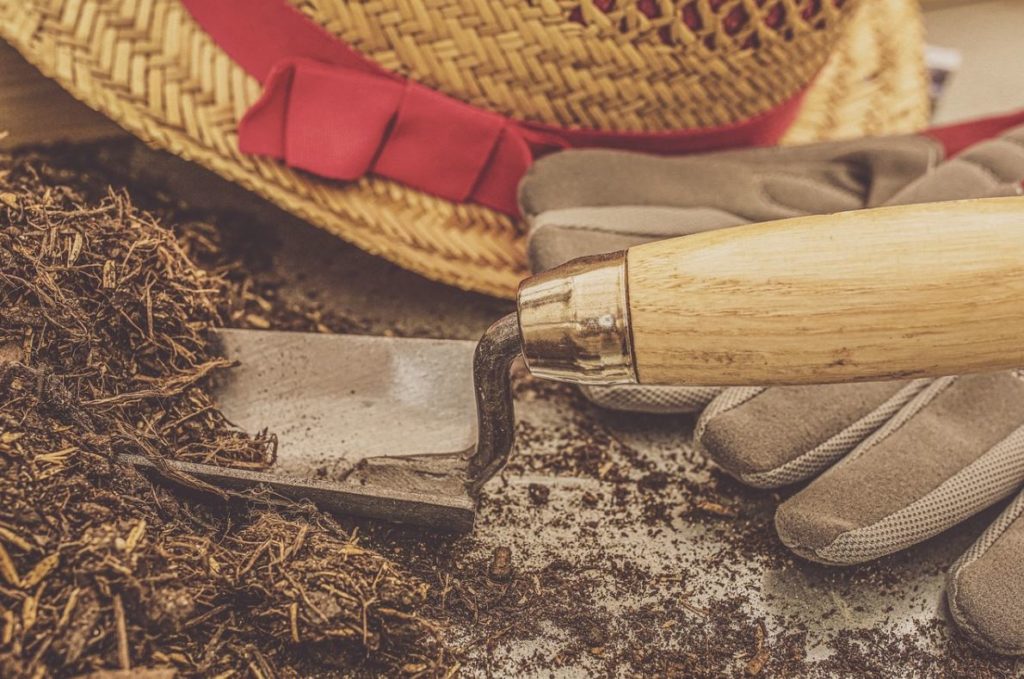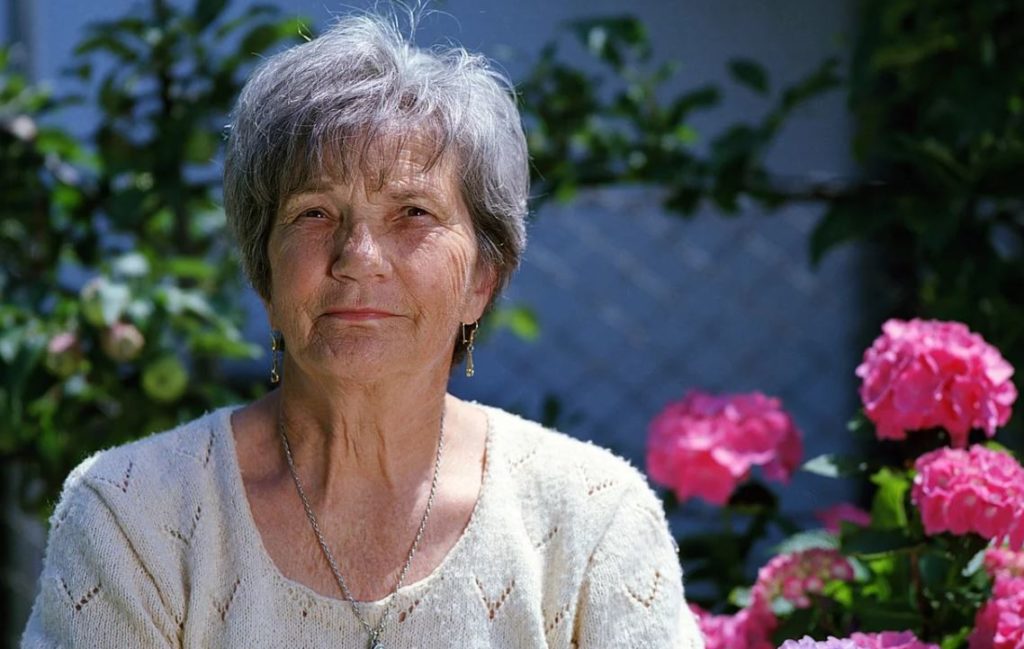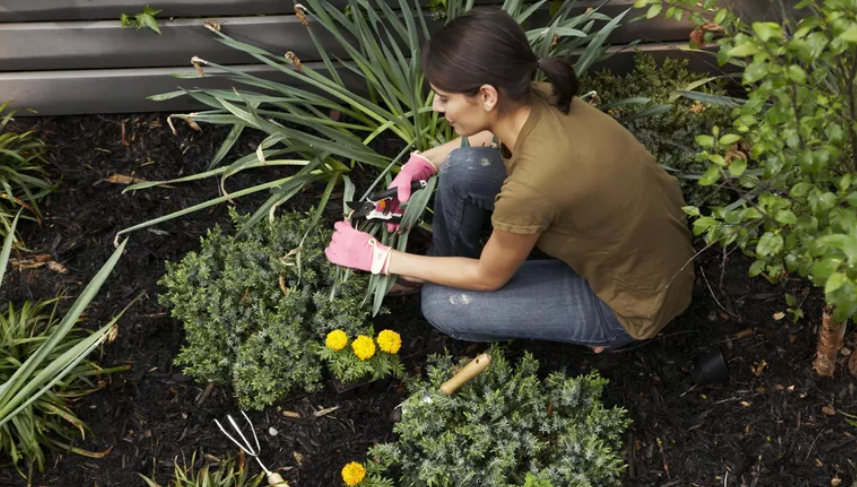Horticultural therapy activities
Horticultural therapy, or, “rehabilitative therapy”, has a history that goes back to ancient times. Even in “uncivilised” cultures, gardening has always been a part of the culture, whether it involved cultivated plots of land, or accessing nature’s abundant wild gardens.
During the 1940s and 1950s, some hospitalised war veterans were introduced to the positive effects working in a garden. The positive outcomes are well documented.
Today, Horticultural therapy is accepted, and understood to be a beneficial and effective therapy for many individuals with physical impairments, as well as other people suffering from mental instabilities.
There is a need for people, especially the elderly and disabled, to feel like they are a part of life, not just old and useless. Wheelchair accessible planters make this involvement a reality.
As We Get Older….

For the elderly, gardening is a way to “re-connect” to being able to work within their physical limitations, and expand those constrictions, as both the physical and mental process of preparing the ground, or planter, planting and nurturing the seeds, to the final product, whether it is floral or food. There is a sense of “usefulness”, as well as an expansion of mental and physical boundaries.
It is important not to understate the importance of this type of activity for the elderly. In our “modern”, western society, there is not a lot of space for people who become less physically, and mentally active as they age.
Horticultural therapy benefits
Horticultural therapy can be used to assist individuals:
- To learn new skills, or regain those that have been lost
- Improve hand-eye coordination
- Improve memory and cognitive abilities
- In task initiation, and completion
- Language skills
- Socialisation
In physical rehabilitation, gardening can help:
- Strengthen muscles and improve coordination
- Improve balance
- Increase endurance
- Increase problem-solving abilities
- Learn to work independently
What Exactly is a Therapeutic Garden?
A therapeutic garden is a purposefully designed garden environment to involve individuals in a “nurturing” interaction with the healing elements of nature, and the very basics of the creation of life. An individual, personalised therapeutic garden can address, and improve specific health related issues depending on the garden design and users’ needs.

In addition to traditional flower and vegetable gardens, there are many other types of gardens that can be considered therapeutic ranging from healing gardens, enabling gardens, physical rehabilitation gardens, to restorative, and meditation gardens.
Horticultural therapy gardens: What makes a garden therapeutic?
The basic features of a therapeutic garden can include wide and gently graded accessible entrances and paths, raised planting beds and containers, and a sensory-oriented plant selection focused on color, texture, and fragrance.
Is it difficult to design a therapeutic garden?
No, it is not. For the individual wanting to create a small garden, there are numerous books out on the different types of beneficial plants and vegetables. You can check with your local agriculture department to see what are the best, and easiest plants to grow in your area. With some help, you can design a horticultural therapy garden that will be perfect for you or a loved one.
Is this really that important?
Imagine that one day you woke up and couldn’t do the activities you had loved to do for your whole life. You are stuck in a wheelchair, feeling like it is all over, you just sit there, unable to see anything positive in your future, just seeing what you can’t do now.

This is the situation that hundreds of thousands of people, from every walk of life, from the disabled, to the elderly, to veterans, in every age group, face every day. What if one of those activities that you used to do, that gave you a sense of fulfillment and peace, was gardening? Now, just the thought of trying to get on the ground, well, that is the easy part, it’s the getting back up that seems impossible.
Making a difference
This is where horticultural therapeutic gardens can make a difference, especially raised bed, or planter box gardens can change lives. How would the “I can’t garden any longer” way of thinking change with a garden that can be planted, tended and harvested while sitting in a chair, even if it was a wheelchair? How would it feel to that individual to be able to grow flowers for the house, or provide vegetables they had grown, for dinner?
It can be the beginning of a new life for that person. One of the problems is that the person who is unable to garden any longer may also be unable to get an above ground gardening project started. So, that leaves all of us who are physically and mentally able to put it all together for others who are not.


